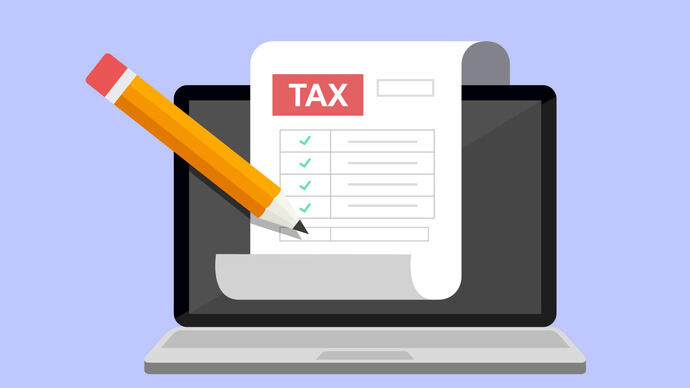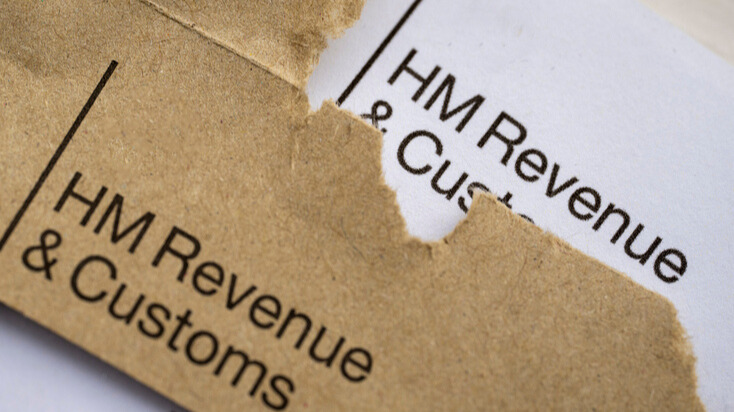By 2020 HMRC is hoping to fully integrate all sizes of business, individuals, landlords and companies into its digital tax regime.
Taxpayers will be expected to account for their income and taxes on a quarterly basis with tax payments also due quarterly. Much of the detail in terms of timing and requirements is not yet known; the system is currently being trialled in some areas and will be phased in over the next four years.
Digital accounts are now available to individuals and it is possible to sign up and view these. Much of the system is however not fully operational at the moment.
HMRC see this change as being advantageous to businesses as they will be paying their taxes on their income as it arises for each quarter, similar to the real-time reporting currently required for Pay As You Earn reporting.
This remains to be seen as most businesses experience cash flow advantages under the current systems, says Karen Thomas, tax associate at Carpenter Box. ‘It is not clear how accurate each quarters tax return needs to be and whether this means that businesses will need to complete accounts every three months or whether they can include some estimates for the first three quarters with a final annual return in quarter four,’ she says.
Some information which is readily available to HMRC such as bank interest information and third party broker information will be used to populate individuals’ tax returns and should mean less work for the taxpayer and the accountant.
Other benefits may be the move of a greater number of businesses to using accounting software which will allow business owners to have a more up-to-date picture of their business, and for their accountants to deliver both the compliance and advisory elements in a much more efficient fashion. ‘The move to a ‘big data’ society seems to be reaching everyone and only time will tell what effect this will have on businesses and the people that run them,’ Thomas adds.
Oliver Shaw, CEO of KashFlow says the government’s plan for digital tax administration will finally bring tax management for businesses into the a new era.
‘Although many SMEs are not due to move to the new system in 2020, now is the time to start preparing for the big changes ahead,’ he says.
Small businesses will need software companies to help them handle digitised tax with the same amount of ease that they do currently with their VAT returns, Shaw suggests.
‘If the digital tax process is similar to VAT then bookkeeping software such as KashFlow which already has a streamlined process for managing quarterly returns will easily be able to help businesses automatically make tax calculations and submit information. Processes that would normally take days, will take just a matter of seconds.’
Bivek Sharma, head of KPMG Small Business Accounting says that while these measures may end up being good for businesses, any change in regulation can be a challenge for small companies in the short term and HMRC will need to monitor how easy small firms find the new system and make sure these good intentions are realised.
In a recent survey, KPMG found that small business’ management accounts are, on average, four months out of date and there is also a direct link between current financial information and likely growth for these businesses. Those with accurate information grew twice as fast as those with nine-month-old data over the last 12 months (8 per cent compared to 4 per cent).
‘Accurate financial information can allow small business leaders to make better decisions and capture more growth,’ adds Sharma.
Caroline Langron, managing director of Platform Black says that digitally monitoring company outgoings and having scheduled alerts for payments keeps businesses one step ahead, which helps them know exactly when they need capital and how much.
‘With the government’s commitment to digitally transform tax administration SMEs need to also become more digitally savvy.
‘A positive and consistent credit history should never be underestimated. If SMEs have taken the necessary actions and setup digital tools to help them monitor their financial commitments, they will be able to prepare for tax deadlines and see when a funding gap might appear.’
KashFlow makes managing tax a breeze. The digital tax ready software allows you to easily keep on track of your tax so you’ll always feel in control. Trial KashFlow Software for free here or call us on 0800 133 7529 for a free demo of the software.





